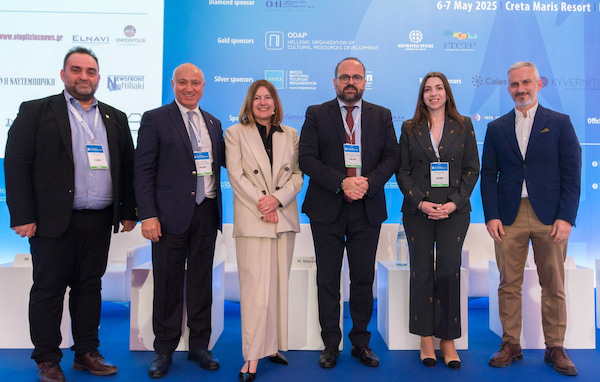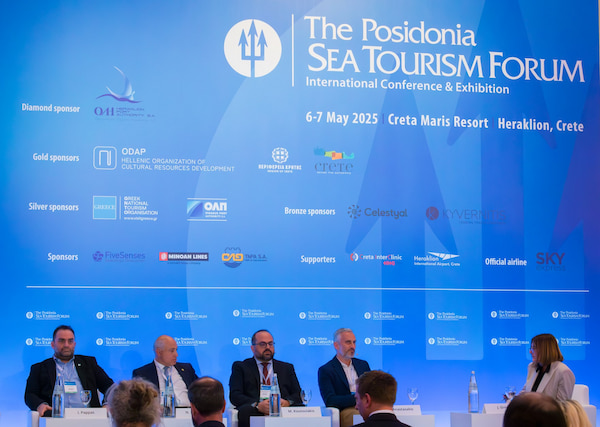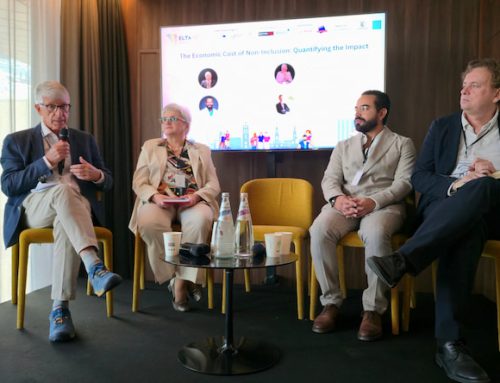
The Global Sustainable Tourism Council (GSTC) participated in the Posidonia Sea Tourism Forum 2025, which took place on Tuesday, May 6th, at the Mikis Theodorakis Convention Center, Creta Maris Resort, in Heraklion, Greece.
The event gathered key stakeholders from the cruise, port, and tourism sectors to discuss the future of maritime sustainability. The GSTC was represented by Ioannis Pappas, Director for the Mediterranean Region, who joined the panel session titled “Cruising Towards Sustainability: Partnering With Destinations On The Net Zero Pathways.”
Moderated by Julie Green, Deputy Director General, CLIA Europe, the session emphasized the need for a holistic and collaborative approach to maritime decarbonization. Discussions focused on regulatory developments, sustainability standards and assessments, capacity building, and the investments required to meet climate objectives, including infrastructure for onshore power supply, sustainable fuels, and technological innovation.

“We need fewer buzzwords and more facts. The path to net‑zero in maritime tourism hinges on sound planning, shared data, and real collaboration—across ports, destinations, and the cruise industry. That’s how we shift from reactive responses to strategic, sustainable outcomes.”, Dr Pappas said.
The session included a brief overview of the current state of the cruise industry, drawing on insights from the CLIA State of the Industry Report 2025. The discussion focused on the industry’s strategic framework for advancing sustainable tourism, structured around three key pillars: sustainable transportation, which involves reducing carbon emissions both at sea and while docked; sustainable hospitality services, supported by significant investments in onboard environmental technologies; and sustainable destination stewardship, which emphasizes collaboration with cities and ports to support responsible destination management.



